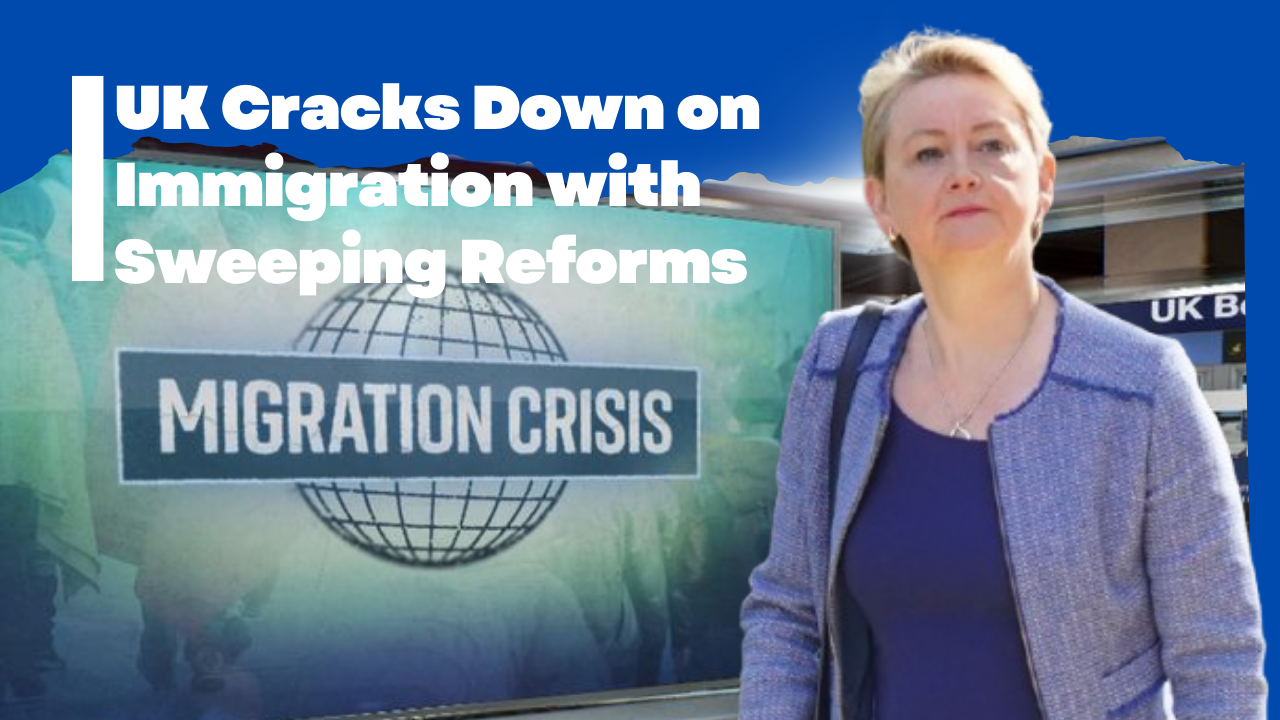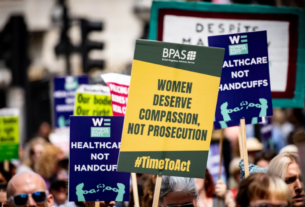LONDON, Prime Minister Keir Starmer has unveiled a sweeping overhaul of the UK’s immigration system, calling an end to what he labeled a “failed experiment in open borders.” The drastic reforms are intended to curb net migration, restore public confidence, and counter the growing influence of the anti-immigration Reform UK party.
Under the new policy, the government will cut 50,000 visas for lower-skilled workers, implement tougher eligibility criteria for work, study, and family migration categories, and expand its powers to swiftly deport foreign criminals. The Home Office described the measures as the most significant tightening of immigration rules in over a decade.
“The British people have spoken clearly,” Starmer said during a press briefing at Downing Street. “We must protect our borders, prioritize British workers, and restore integrity to our immigration system.”
The crackdown follows months of growing political pressure as migration hit record highs in 2024, and the opposition Reform UK party surged in the polls by campaigning on a hardline immigration stance. Their recent by-election victories rattled both major parties and underscored a deepening public frustration with the status quo.
The changes include:
- Reducing visa caps for lower-skilled workers by 50,000
- Raising income and qualification thresholds for skilled visas
- Limiting family reunification criteria
- Imposing stricter English language requirements
- Expanding detention and fast-track deportation powers
Critics warn the reforms could worsen labor shortages, particularly in sectors like hospitality, agriculture, and social care, which have relied heavily on migrant labor since Brexit.
“This is a populist move that risks crippling our economy,” said Sunder Katwala, director of the think tank British Future. “The government is prioritizing political optics over economic reality.”
However, the Labour-led government insists the changes are balanced and necessary, pairing the immigration cuts with plans to increase domestic training and recruitment programs.
Business groups have expressed concern, with the Confederation of British Industry (CBI) urging ministers to maintain a “flexible and responsive” system that addresses labor gaps.
The reforms are expected to be implemented gradually over the next six months, with further legislative amendments expected in Parliament before the summer recess.
As political pressure intensifies and the general election looms, Starmer is betting that a firm stance on migration will blunt Reform UK’s momentum and reassure traditional Labour voters.
For now, the message from Downing Street is clear: Britain’s open-door era is over.




